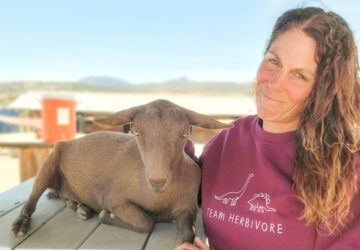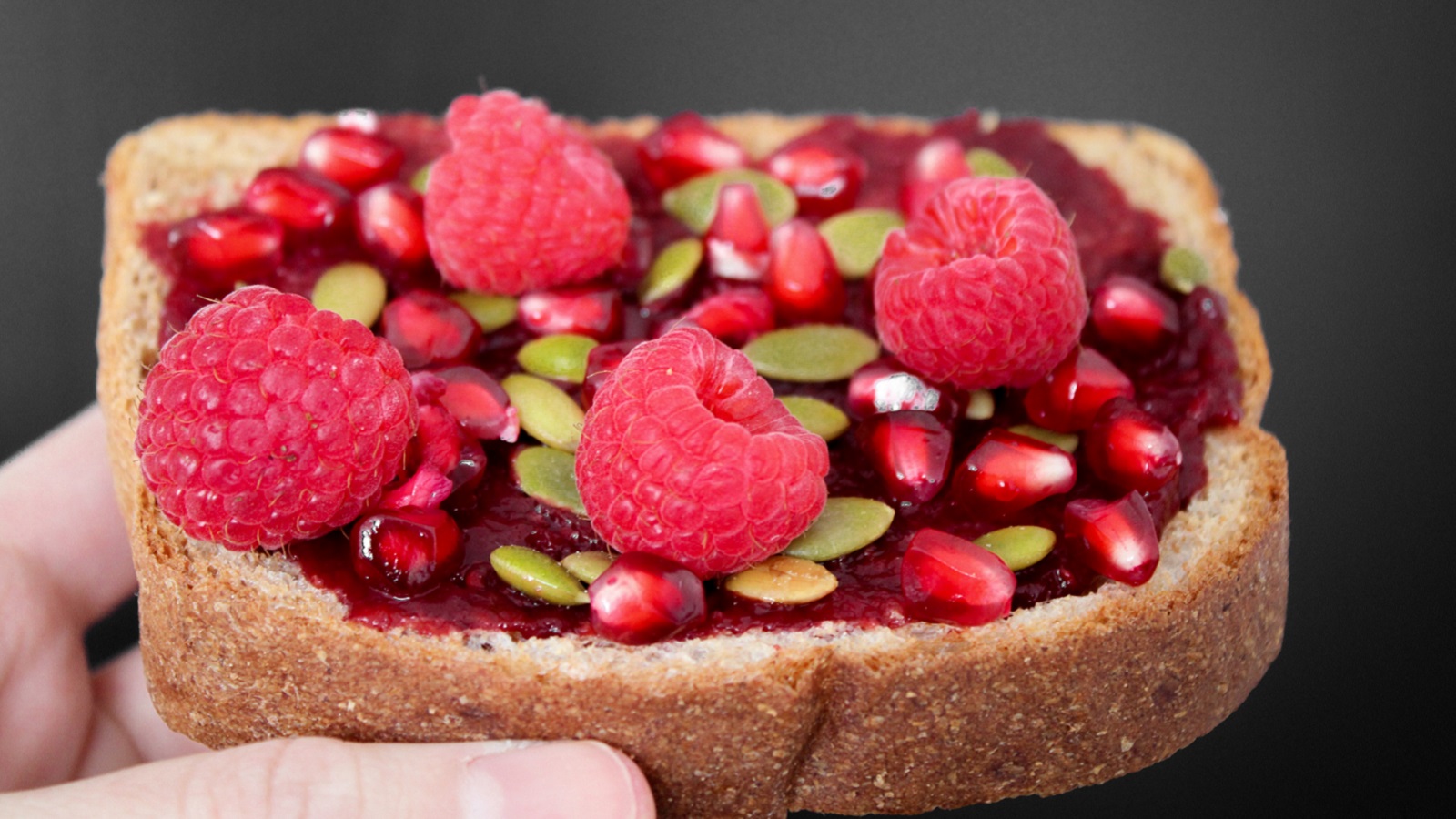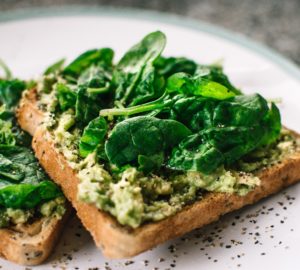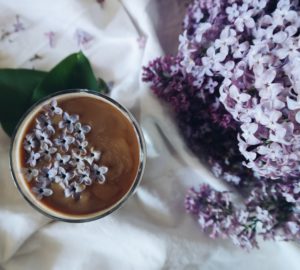Adopting a plant-based diet comes with great perks such as better health, compassion for all beings, and earth-positive vibes (no biggie, just saving the planet).
However, it can also cause a whole lotta confusion – especially when it comes to the terminology.
So, what is a plant-based diet – and is it the same as being vegan or vegetarian?
Read on to find out everything you need to know about what going plant-based actually means!
What is a plant-based diet?
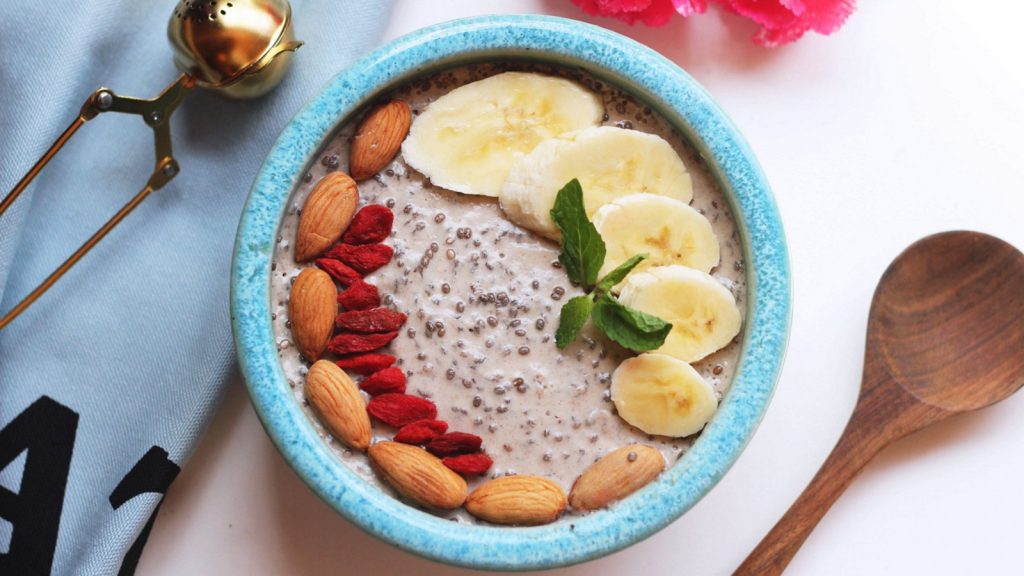
Eating plant-based essentially means your diet mainly consists of foods that occur in nature.
That doesn’t just mean fruits and veggies – it also includes seeds, nuts, legumes, whole grains (like oats!), and beans.
But, contrary to popular belief, following a plant-based diet is not exactly the same as being vegan or vegetarian and never eating meat products or dairy. Going plant-based simply means that you choose to consume more foods that come from plant sources rather than from animals – but it doesn’t mean “plant-only”.
People may choose to go plant-based for various reasons such as wanting to help the environment, to live a cruelty-free lifestyle, or to improve their health.
Here are some other plant-based diet terms that often cause confusion:
Vegetarian (or lacto-ovo vegetarian)
Vegetarians don’t eat any meat products – but may eat dairy (like milk, cheese, yogurt) and eggs.
Ovo-vegetarian
An ovo-vegetarian does not eat any meat or dairy – but does consume eggs.
Lacto vegetarian
A lacto-vegetarian consumes dairy but not eggs or any type of meat.
Pescatarian
A pescatarian diet is like lacto-ovo vegetarian – only that you also may consume fish products.
Pollotarian
Pollotarianism is probably the most controversial form of vegetarianism. If you’re mainly vegetarian but sometimes eat chicken – you’re a pollotarian.
Flexitarian
If you’re a flexitarian, then you’ll mostly follow a vegetarian diet but will sometimes eat meat.
Vegan
Veganism is the strictest form of a plant-based diet. If you’re vegan, you don’t eat anything that comes from animal sources (that includes dairy, eggs, and honey).
Freegan
Freeganism is a movement that focuses on living your most ethical life. It involves being environmentally conscious and consuming fair trade, organic, and local food products. If you’re a freegan, your diet is most likely vegan – but you may eat meat as long as it would otherwise go to waste.
Regardless of which plant-based diet variation you choose, there are plenty of resources on our site that can help you in your plant-based journey!
Are you thinking about transitioning to a plant-based lifestyle? The following posts will help you take the first steps:
- This is the best way to switch to a plant-based diet in 2019
- How to go plant-based in 3 quick and easy steps
- These 5 awesome tips make plant-based cooking so easy



